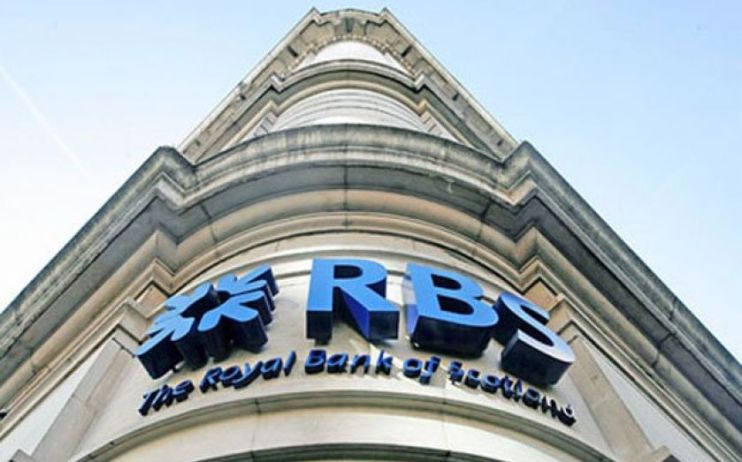MPs brand watchdog’s RBS GRG report a ‘complete whitewash’

Furious MPs tore into the City watchdog today, branding its final report into RBS’ disgraced turnaround unit GRG a “complete whitewash”.
The Financial Conduct Authority (FCA) had already come under fire for the amount of time it took to publish the report, in which it outlined the reasons for its lack of action against senior bankers within the GRG.
The now notorious GRG has been accused of asset-stripping thousands of struggling small businesses to shore up its balance sheet following the 2008 financial crisis, when it was brought under government control.
The regulator said that while it found “instances of inappropriate customer treatment within the GRG”, the absence of applicable regulatory rules at the time meant it could not hold RBS to account for its conduct.
“We have not found a credible basis to conclude that senior management sought to treat customers unfairly or behaved in any other way that could call their honesty or integrity into question,” it said.
“Individuals must be held to account where their behaviour falls below the applicable standards, but to do that, the standards need to be sufficiently clear at the time.”
RBS said it welcomed the conclusion of the investigation and the fact that no further action would be taken.
Read more: Sir Vince Cable calls for probe into Treasury role in RBS’s disgraced GRG
Kevin Hollinrake, co-chair of the all parliamentary group on fair banking, said: “This report is another complete whitewash and another demonstrable failure of the regulator to perform its role. The FCA must publish a full account of its findings including naming those responsible for the shameful mistreatment of thousands of UK SMEs.”
The report’s publication had been highly anticipated in the wake of allegations that an arm of the Treasury, the Asset Protection Agency (APA), directed the actions of the GRG through the Asset Protection Scheme (APS), which was set up to insure RBS’ toxic loans during the financial crisis.
The allegations came to light earlier this year in a court case between RBS and Manchester-based businessman Oliver Morley, who has accused the bank of placing his company under “economic duress” when it acquired some of its assets in 2010. RBS has said the claim is without merit.
In the report, the FCA quotes a senior RBS manager as saying that the APA was “not ‘particularly interested’ in protecting customers and that a lot of time was spent arguing with it”.
The manager added: “They [the APA] would have loved us to just flog a bunch of those SME customers for next to nothing and walk away. Which we wouldn’t do because we genuinely wanted to fix their problems.”
Read more: Government agency set bonus targets for senior RBS GRG bankers
A spokesperson for Morley said the report was “totally contradictory”.
He said: “The FCA has seen fit to include a quote from a ‘senior RBS manager’ who claims that the only thing standing between the APA’s appetite to strip SME’s of their assets were the noble principles of GRG. Why on earth are we meant to believe in any of this?”
Former business secretary Vince Cable told City A.M: “The report leaves us with the impression that the Treasury has a significant share of responsibility to take for the damage done to small business by its single-minded commercial approach to the nationalised bank.”
Tory MP Guto Bebb added: “The victims of this terrible scandal will feel robbed once more. Phase 2 of the inquiry was intended to get to the bottom of what happened, which senior managers were involved, the root causes and whether there was any influence of any external stakeholders. These questions remain unanswered.
“The report does, however, make one element of the scandal clear: the APA had the ear of senior GRG managers and were influencing them to ‘flog’ their SME customers ‘for next to nothing’ with potentially devastating results.”
Read more: Nicky Morgan ducks investigation into Treasury role in RBS’ GRG unit
A Treasury spokesperson said: “The Asset Protection Scheme was set up after the financial crash to help safeguard the bank’s stability and in turn that of the wider UK economy.
“As today’s report makes clear, no evidence was found that RBS’s participation in the APS made any difference to the way in which customers were treated.”